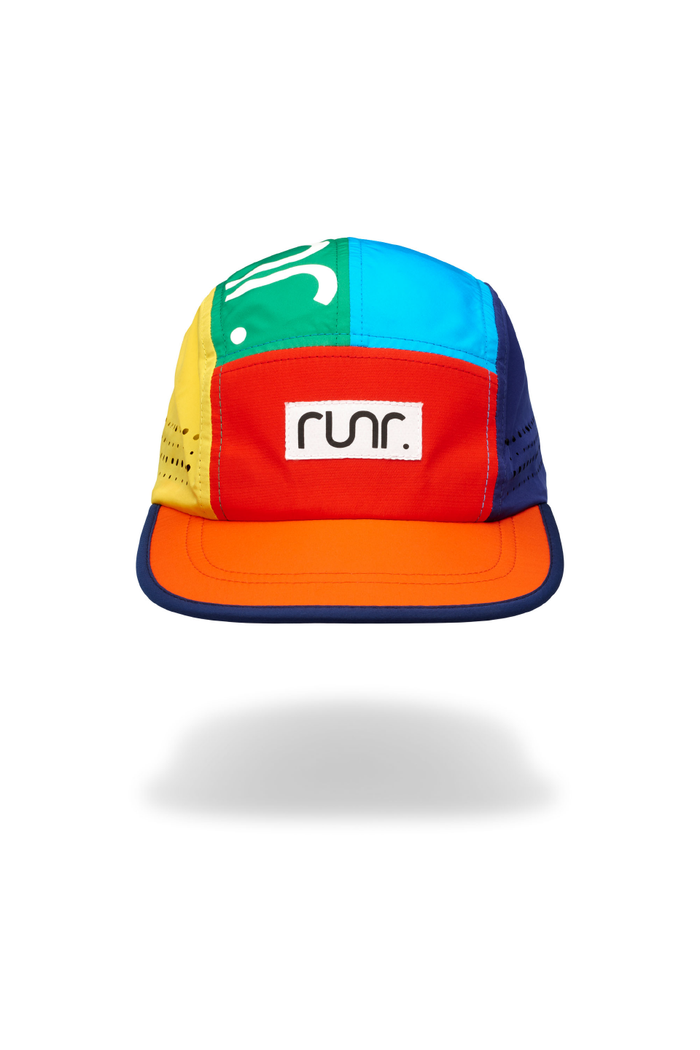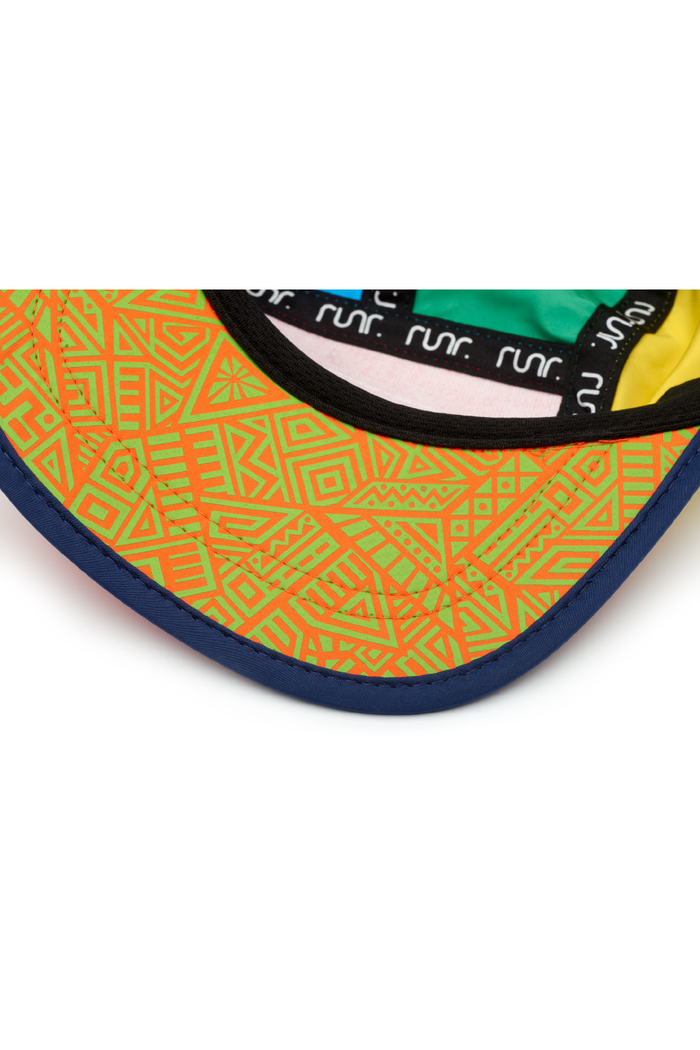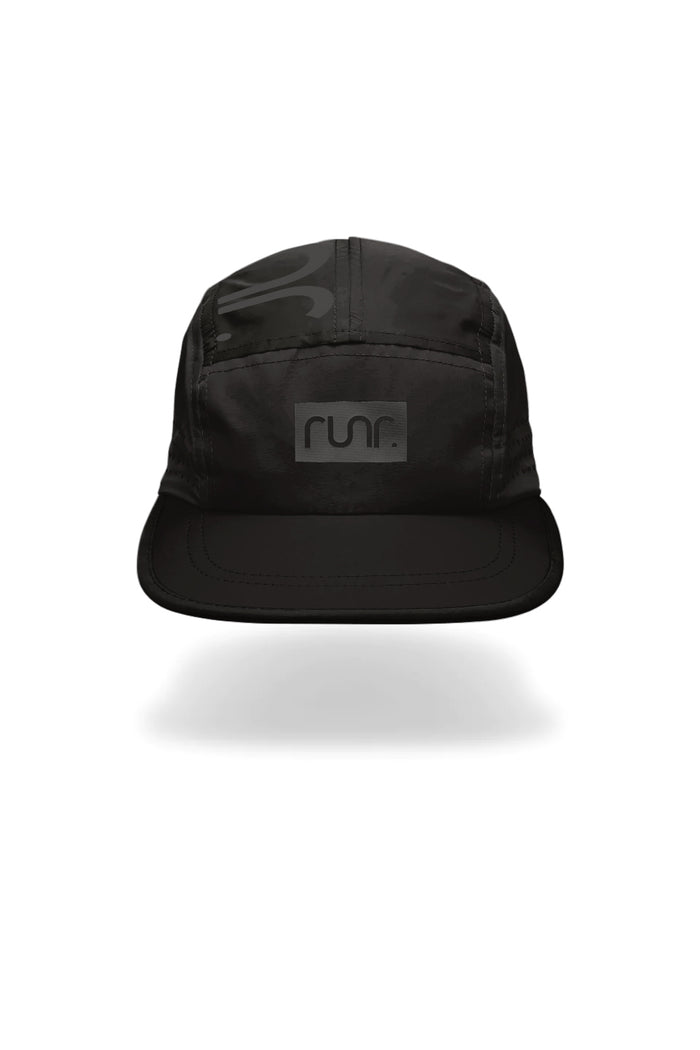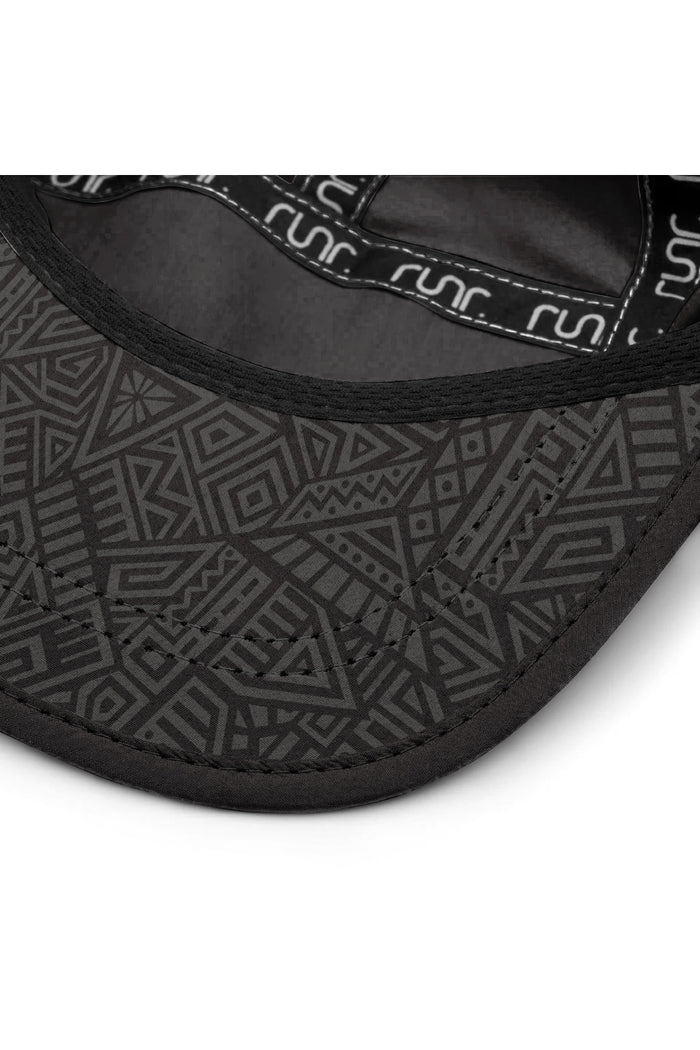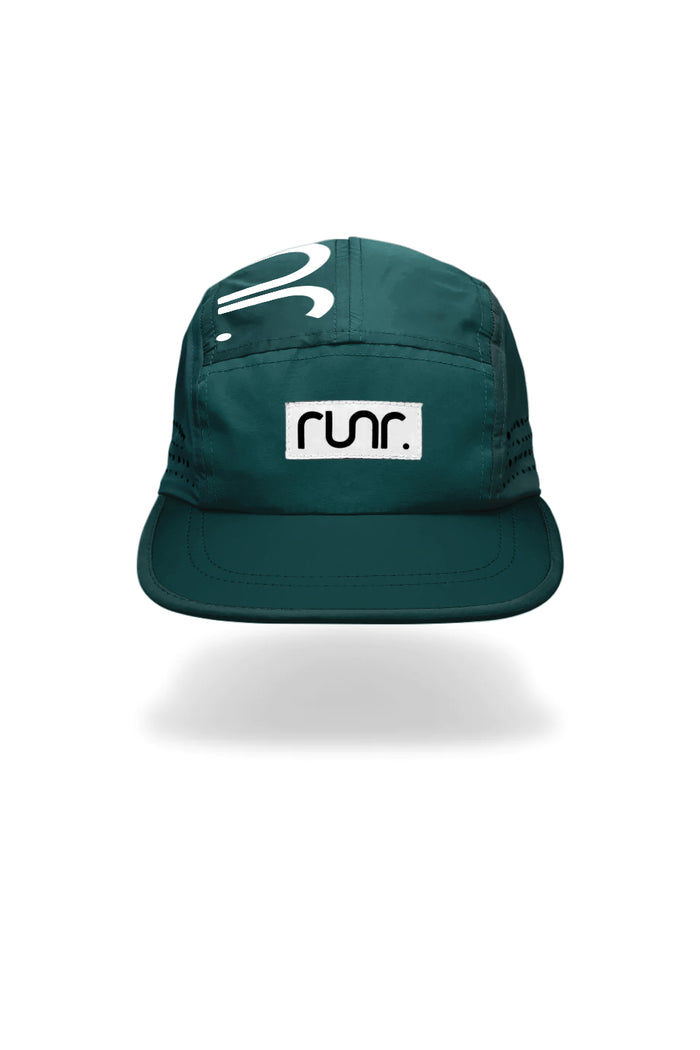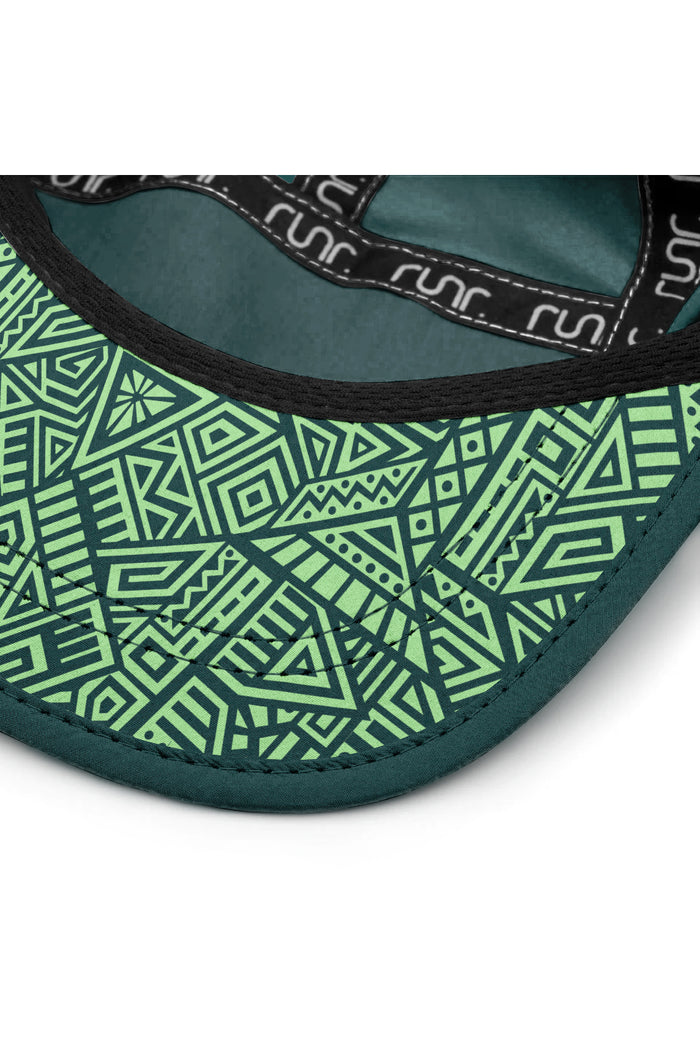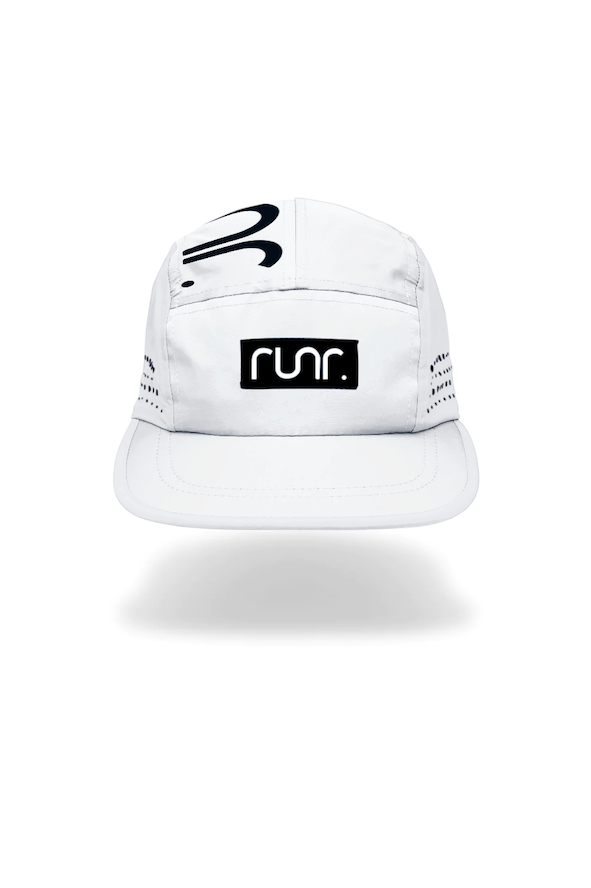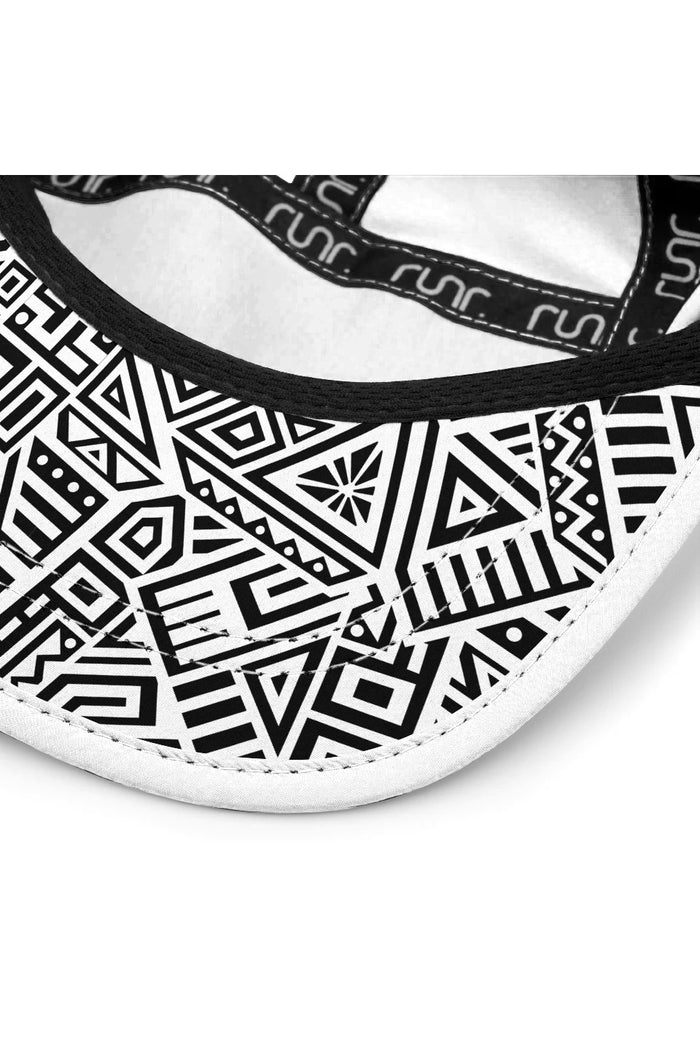Running is both the hardest thing I do and the thing that gives me the most satisfaction and the biggest sense of achievement in my life. Once you’ve built up that initial fitness and you can run a mile or more, something different takes over, and running gives you a tool to overcome emotional and mental difficulties that either crop up throughout your life or that you are already dealing with – or maybe not dealing so well with – when you first begin to run.
I always looked at runners when I was younger and marveled at how easy it looked for them. I went to the gym a lot with friends and I did my share of the dreaded grapevine move that was popular in 90s aerobics classes, but due to being asthmatic I always assumed running was out of my league. My father died of an asthma attack when I was 12, and the impact and ensuing fear ensured that I never really pushed myself past an uphill speed walk on the treadmill.

Fast-forward a few years and after having my daughters I couldn’t believe how desperately unfit I felt. Something changed in my mindset, a different concept of mortality perhaps – a need to stay alive for them as opposed to the previous fear perching on my shoulder and whispering that I’d drop down wheezing before the first lamppost was done. I decided to literally run off the baby fat. This was before C25K existed so I took a mate’s advice and ran to one lamppost, walked the next, ran the next and so forth.
Don’t get me wrong; the actual doing was damned hard (still is – but you get better at the determination!). Red faced, lungs on fire, a mammoth effort all round. But that satisfying feeling afterwards that not only have you done it, but you’ve survived it, and by doing so you’ve made every cell in your body feel as though it’s worked and come alive. It’s as though you’re doing what you were born to do. The initial effect on mental health is certainly one of achievement, but there are so many more.
I remember when I ran my first continuous mile down on Hilsea shoreline. Wow! It felt like I’d climbed Everest in terms of sheer achievement. And from that point on, you can add the miles in. Something clicks mentally and you realise that you can do this – you can do stuff you never previously dreamt possible. And whilst you’re doing it, your mind somehow detaches from your body. Whether you believe in a soul or not, if I asked you to point at ‘you’, then every time your finger will head towards a physical part of yourself; your head, your brain, your heart, your forehead and so on. There’s something more than physical to human beings and when you’re running, you’re feeding that part that we cannot rightly label nor touch. Your body becomes a thing in motion, in rhythm, and all the confusion, the fuzz, the problems of the day – whether you think directly about them or not – work themselves through. It’s almost like a processing. This does not occur for me during any other activity, although walking a decent distance comes close. I find myself either thinking consciously about a problem or just skirting the perimeters of it, but either way, once I have finished the run, everything is clearer. Solutions appear or, if I am feeling down, things always seem brighter.

My husband was diagnosed with kidney failure nearly 7 years ago. It was sudden and random, following his first ever general anaesthetic, and we have never been given a clear reason as to the cause. One minute he was fine, the next I received a text telling me that his kidneys were failing by 98%. During his 3-week stint in QA, he experienced seizures in which he turned blue, aspiration pneumonia, constant vomiting, assessments by the intensive care team, MRIs of his brain, a kidney biopsy, and treatment with massive doses of steroids. We had no idea as to whether he would live or die, and the night that I was called back to QA following one seizure sticks to the obstinate ridges of my brain like glue. I replay it in bed at night. Just as I reach that delicious stage of shutdown when you know sleep is nigh, it can creep back in like a bumbling, lumbering insect of memory, as though it’s burrowed in my psyche somewhere; the darkened ward, the alien oxygen mask on his familiar face, the vulnerability of his feet, just visible beneath the ends of a too-short hospital blanket. Feet that had danced with me at our wedding. He told me he would die that night as I leant over his bedside in the gloaming of medical lights, and he asked for me to look after our tiny girls when he did. (I find it hard to type this, let alone repeat it verbally to anyone.)
The day that he endured his kidney biopsy, I ran. I ran a couple of miles from our home to QA hospital, and then I thought, “F*** this”, and I continued up Portsdown Hill. I’d always stopped at the bottom previously and ran my way around Cosham, but I ran every painful step of the mile to the top, thinking the entire time that anything I was going through was so much less than my husband was going through at that moment.

We were so lucky, my husband and I, and our girls although they were too young to know it. The staff at QA saved his life. He recovered fully and completely, and last year we ran a half marathon together (I say together – he did it in 1 hour 35 minutes, so substantially quicker than me). That HM was unfinished business for me. I’d signed up to do one after he’d recovered in order to raise money for the renal ward at QA but suffered a stress fracture whilst training, so I put it on hold.
Running has consistently helped me to deal with the hardest things that life has ever managed to chuck at me. It’s also been the source of much social fun – especially trail running with one of my closest friends, which is more laughing and mud than serious training. Running gives me highs and headspace, and time to be me, and achievements that my life would otherwise be devoid of.

Whether it’s for self-esteem, or fitness, or an endorphin rush. Whether it’s due to depression, crippling work stress, or long-term mental health issues. Whatever the emotional weather, running is there for so many of us. And much as it’s a cliché, it is – as with many clichés – true: if I can do it, you can do it.
-------------------------------------------------
Huge thanks to Verity for sharing her story and inspiring others to do the same. If you'd like to write a blog for us then please send an email to us at info@runr.co.uk
#MentalHealthMatters



